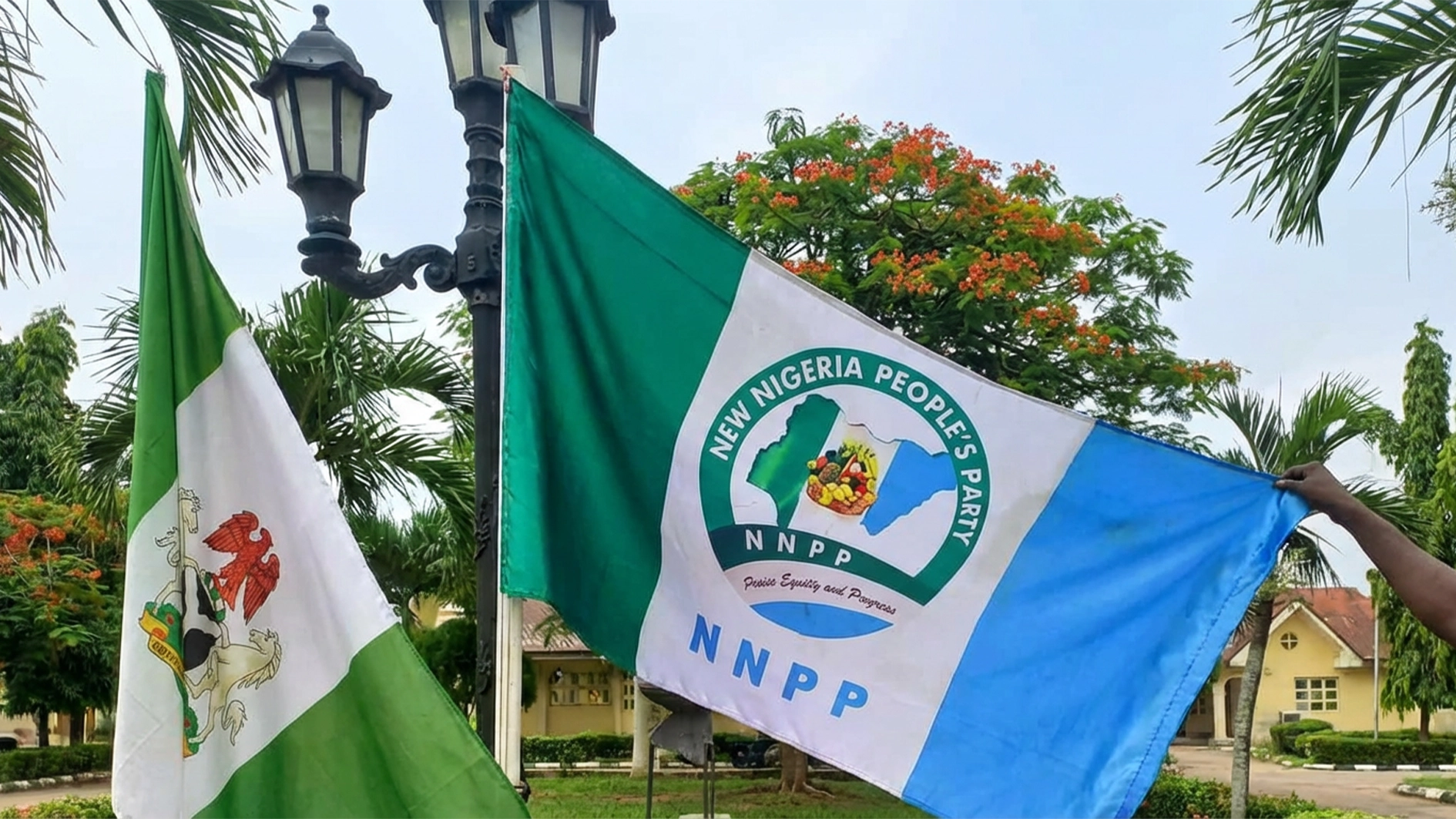The Civil Liberties Organisation (CLO) has threatened legal action against the Federal Government over the non-payment of salaries to Nigerian immigration officers serving abroad, saying the situation has persisted for 14 months and caused significant hardship for the officers and their families.
Speaking in Jos on Thursday, CLO Executive Director Steve Aluko described the delay in payment as “unfortunate” and criticised the government for failing to meet its obligations to personnel despite claiming it had met revenue targets.
“Owing immigration officers on foreign mission for 14 months brings a lot of harshness, a lot of trouble, dysfunction in their family life, and it leads to loss of property and loss of livelihood in some instances. So, 14 months is simply not an issue to be ignored,” Aluko said.
Aluko highlighted the security implications of the non-payment, emphasising the critical role immigration officers play in monitoring cross-border movements and preventing criminality and terrorism.
“If you don’t pay them, and their families suffer, you are indirectly making them vulnerable to all sorts of abuses and forms of possible international espionage that can even sell a lot of critical information about the country,” he said.
The CLO warned that it could take the matter to court if the government fails to act. “As a matter of strategy, we won’t say much on this, but let me say that we don’t mind going to court on behalf of the immigration officers because it is their right and they have worked for this 14 months,” Aluko stated. He also signaled potential legislative scrutiny, saying, “We will write the National Assembly to question the minister why he can cater for the capital and recurrent, while the personnel are suffering.”
Aluko called for urgent intervention from the relevant ministry, noting that the non-payment not only affects the welfare of officers and their families but could also compromise Nigeria’s broader security interests. “It is very important that their interest becomes a national interest that must be addressed promptly and speedily without further delay,” he said.






